A presentation-discussion of the Armenian translation of the book “Ashes of Our Fathers: Inside the Fall of Nagorno-Karabakh” by British journalist and Politico correspondent Gabriel Gavin took place on September 19, 2023, on the eve of the second anniversary of the Artsakh war and the deportation of Armenians from Artsakh.
The book was published by Mediamax Media Company with the support of the Galoust Gulbenkian Foundation and the Tufenkian Foundation.
The book is translated by Maria Sadoyan and edited by Nunik Avetisyan.
In the book, through the eyes of an eyewitness, the author chronicles the events that unfolded from the 44-day war of 2020 until the deportation of Armenians from Artsakh in September 2023.
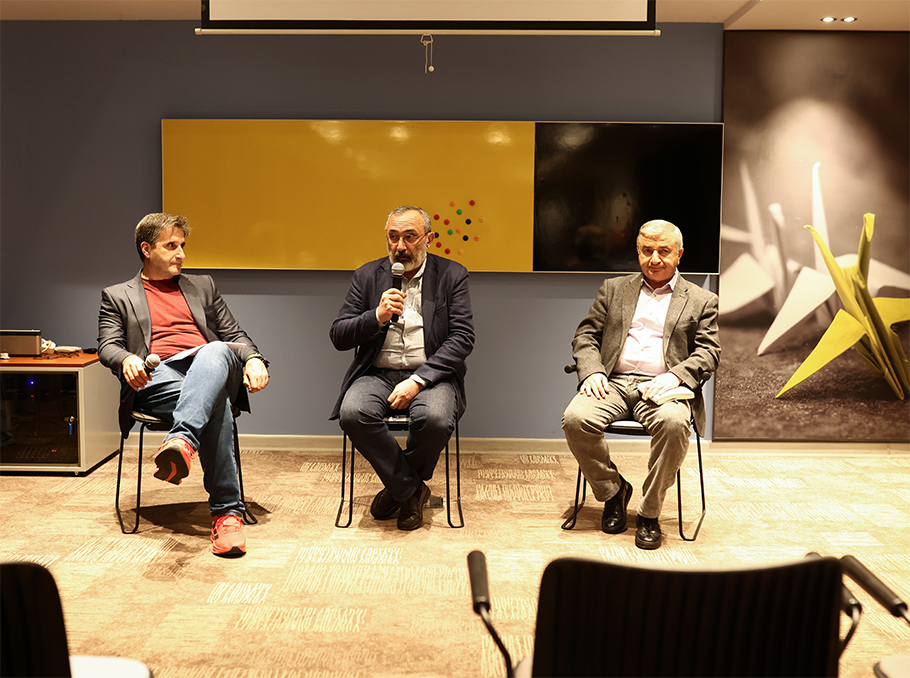
Photo: Mediamax
The discussion was attended by former Foreign Minister of Artsakh, Karen Mirzoyan, and former Chairman of the National Assembly of Artsakh, former Foreign Minister of Artsakh, Ashot Ghulian. The discussion was moderated by Mediamax Director Ara Tadevosyan.
The decision to publish the book in Armenian
Ara Tadevosyan
In December 2024, we received a press release that Gabriel Gavin’s book “Ashes of Our Fathers: Inside the Fall of Nagorno-Karabakh” would be published in London. Two hours after the news was posted on Mediamax’s website, I received a thank-you letter from the author, and we decided to talk about the book. As a result, in early January 2025, my conversation with Gabriel Gavin was published. After that, I had already decided that we would acquire the rights to translate and publish the book in Armenian. I hadn’t had time to read the book yet back then, but I had a gut feeling that it should be done.
“Embracing” the memories brought from Artsakh
Ashot Ghulian
I have mixed feelings today. I wouldn’t like such a book to be written, read and discussed, but we have to accept that this reality is already part of the life of each of us.
We have faced and are still facing catastrophic events, and a foreign author’s recollections of those events are valuable at least in the sense that they relate to the fates of thousands of people. The book describes the tragic path of many of our compatriots, which is extremely hard to talk about even today, two years later.
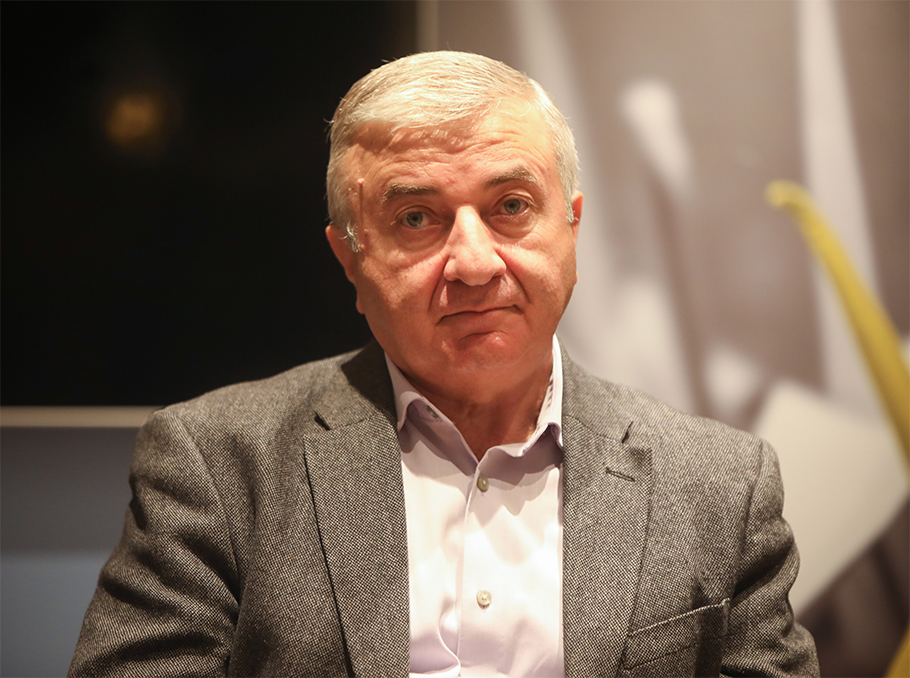 Ashot Ghulian
Ashot GhulianPhoto: Mediamax
I think books like these are a way to take stock of a catastrophic period in our lives. As a result, you often ask yourself: “Did we do everything right?” The answer to that question is: if the situation is like this, then many mistakes were made. The author criticizes international structures, their indifference and silence for those mistakes, but I think all sides made mistakes, and we see their consequences today.
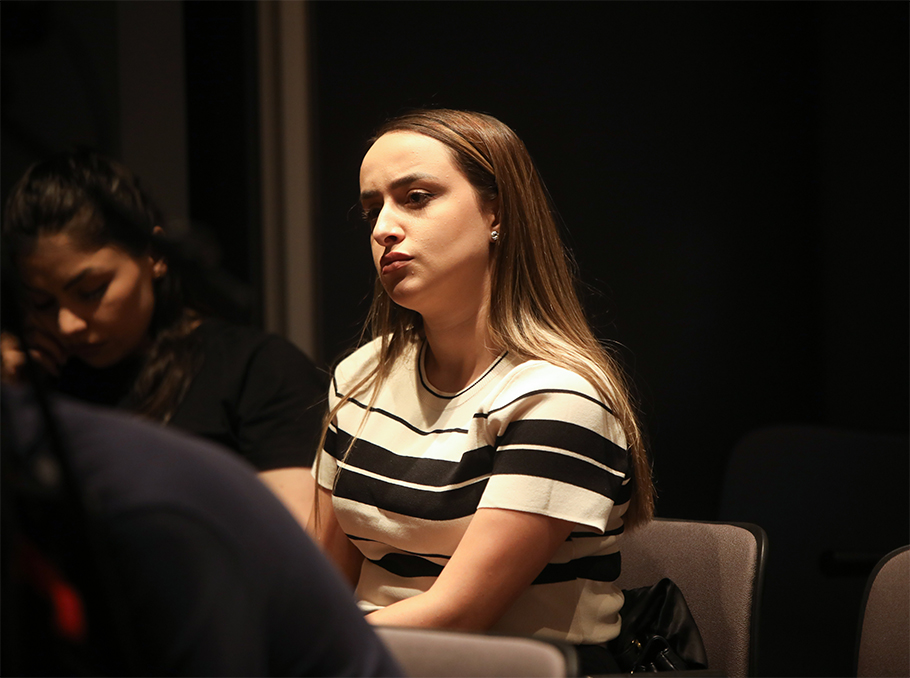
Photo: Mediamax
When I was reading the book, I realized that while being under a blockade in Artsakh, we missed out on a lot. The blockade is not only about the lack of food and basic necessities, it is also an information blockade, since the Internet, phones or television were not always available.
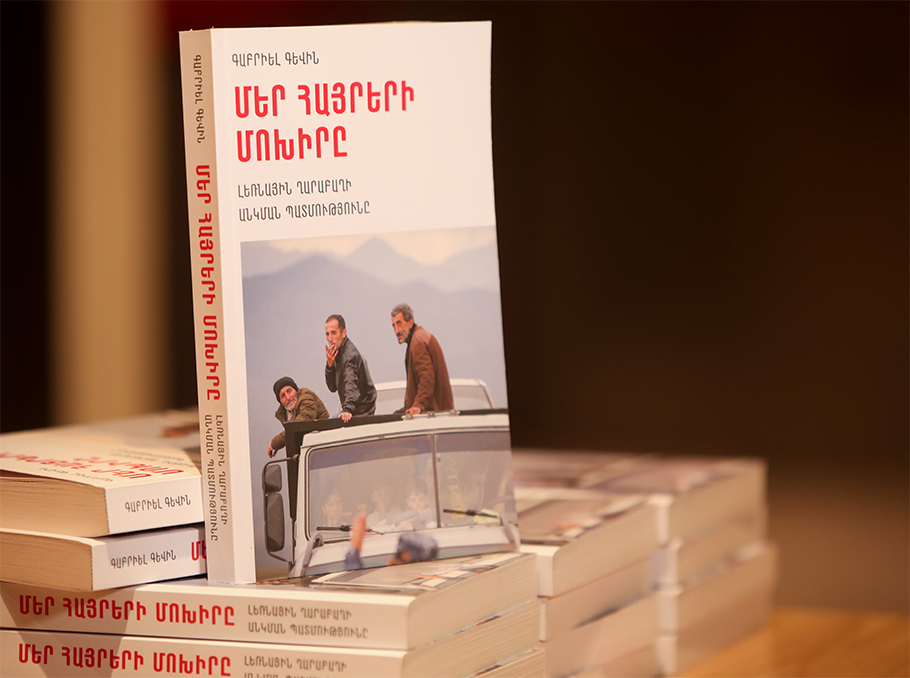
Photo: Mediamax
I really appreciate the author’s reflection on these events. Today we have a wealth of eyewitness accounts that need to be recorded. Two years is a too short period to recover psychologically, and many residents of Artsakh are not ready to talk about what had happened yet, holding back their emotions. But I am confident that our compatriots have brought hundreds of memories back from their small homeland. I hope we will be able to capture, embrace and use them wisely when we return to our homeland.
Karen Mirzoyan
When reading Gabriel Gavin’s book, you can’t but notice that the author, a foreigner, is deeply affected by what’s happening. He also experiences the immense pain he has witnessed.
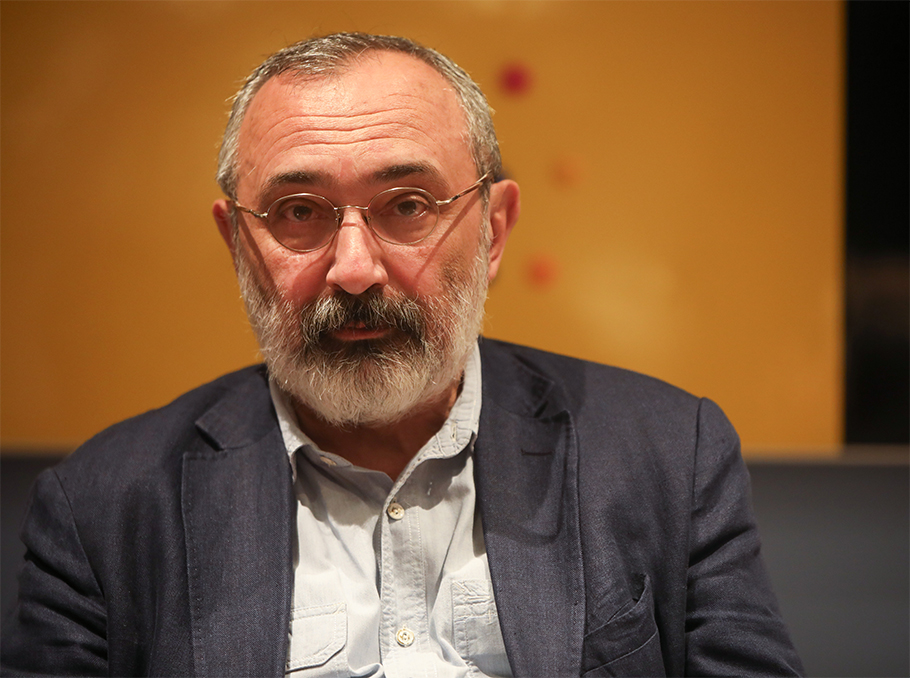 Karen Mirzoyan
Karen MirzoyanPhoto: Mediamax
In the two years since the events in Artsakh, only two collections of analytical articles have been published in Armenian about what happened. I hope that after Gabriel Gavin’s book, Armenian authors will begin to write about what happened. We need not only to analyze, we also need to record and document.
Ashot Ghulian
If we look at the work being done in the information field, we could definitely do more to be heard more.
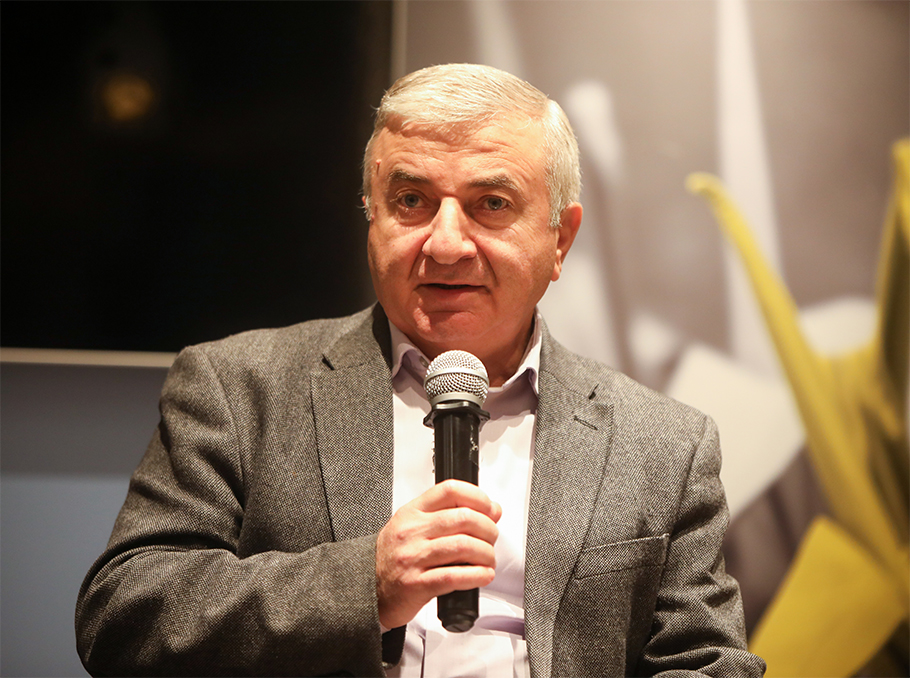 Ashot Ghulian
Ashot GhulianPhoto: Mediamax
We must remember and learn from our vulnerability in the information war of 2020. It should be noted that at times we received more accurate information about the war from the enemy. I do not want to recall here the clichés and false slogans that were put into circulation from the very first days of the war.
Karen Mirzoyan
All those who traveled to Artsakh and delivered information during the 44-day war of 2020 did a truly enormous job. In the basements, under bombardment, they managed to maintain contact with the outside world. This work was just as important as the fighting on the front lines.
When we say that we had information gaps in 2020, we are not talking about the people working on the ground, but about the general atmosphere.
The question that is constantly being asked: what should we do?
Karen Mirzoyan
Khrimyan Hayrik answered this question: we need an iron ladle. The trials of recent years should sober us up as a nation. Ultimately, we must understand that we should not rely on this or that superpower, political force, but on ourselves.
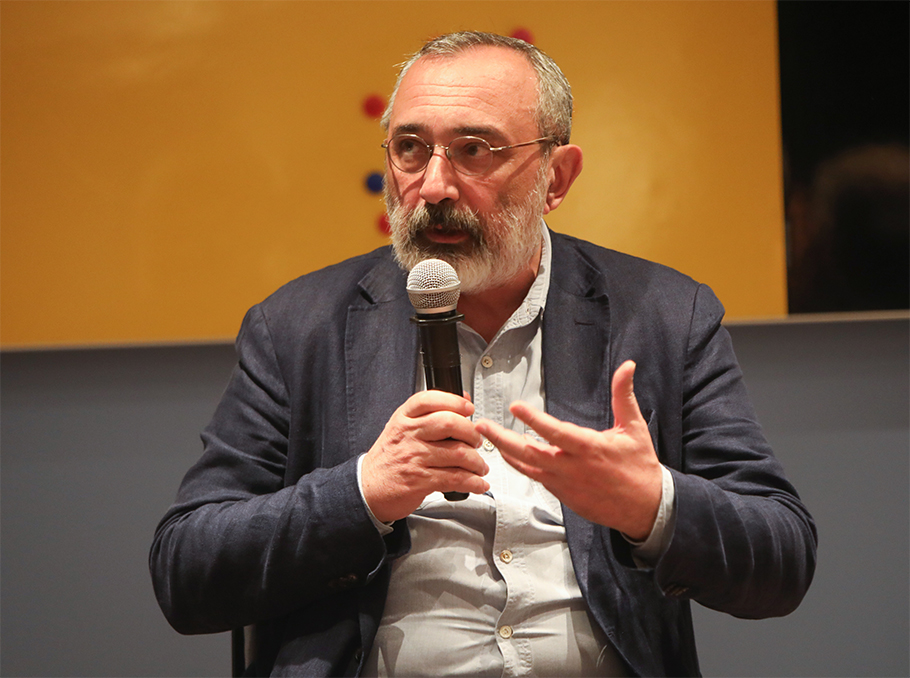 Karen Mirzoyan
Karen MirzoyanPhoto: Mediamax
We must be ready to work hard, dedicate ourselves to our dreams, ideas, and get rid of the illusion that some magical force will come and solve our problems.
Ashot Ghulian
Every Artsakh family will always remember the most tragic days of their lives. What should we do today? I think we need a different situation. Not one where there is no memorial day or event honoring the displacement of 120,000 residents of Artsakh. Not one where the sacrifice of more than 200 young people who gave their lives so that thousands of people could leave Artsakh is not remembered.
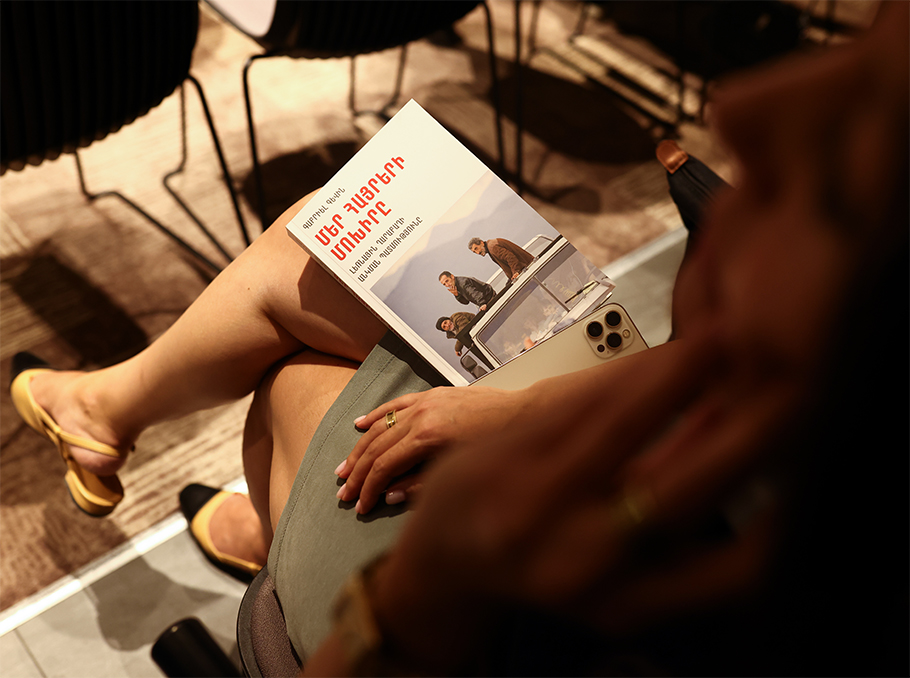
Photo: Mediamax
Gabriel Gavin’s book “Ashes of Our Fathers: Inside the Fall of Nagorno-Karabakh” can be purchased online, as well as at “Bookinist” and “Zangak” bookstores.
Yana Shakhramanyan
Photos by Emin Aristakesyan








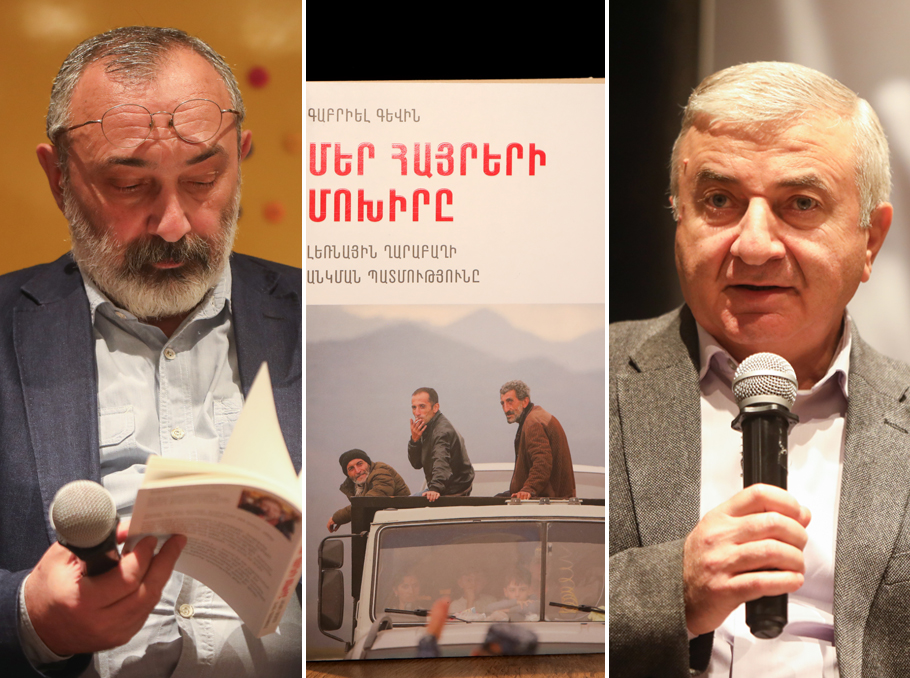
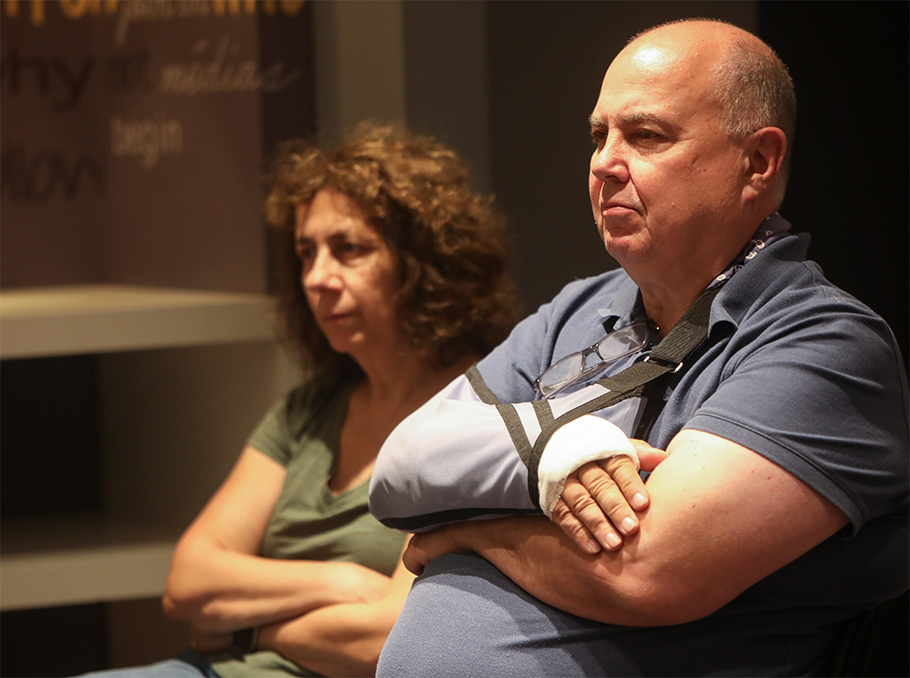
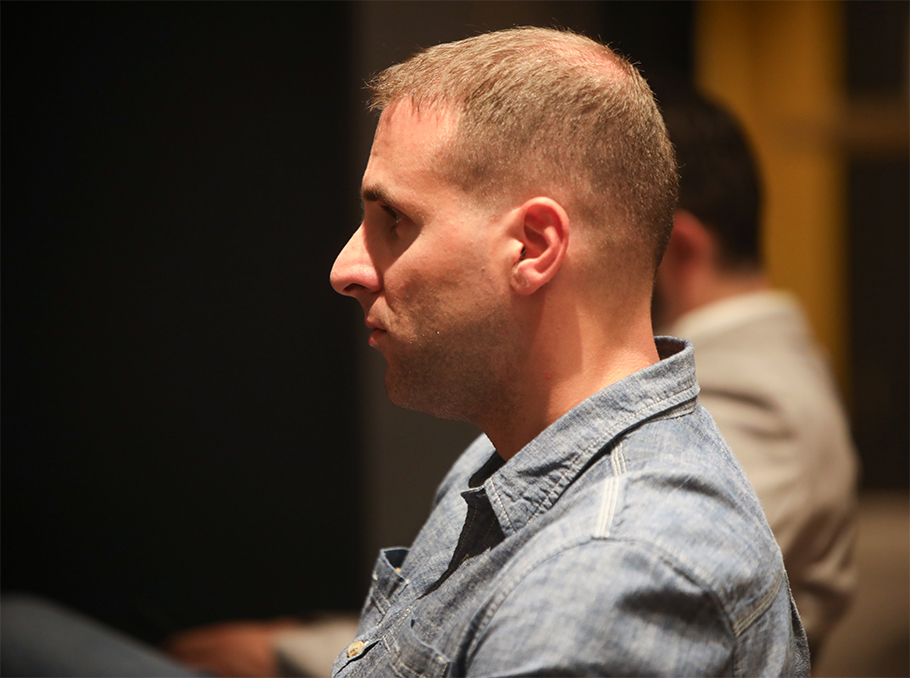
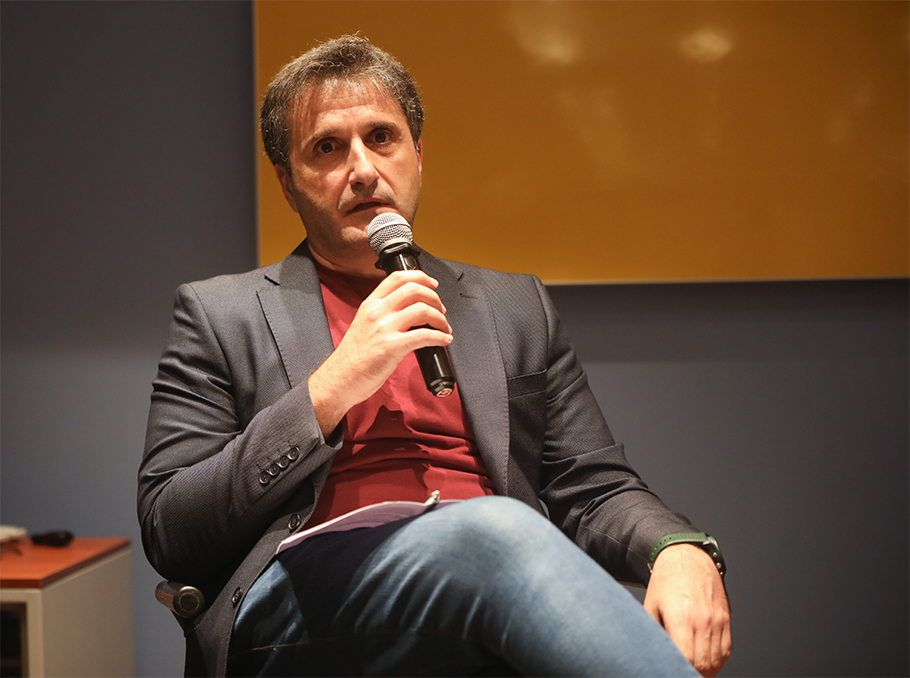
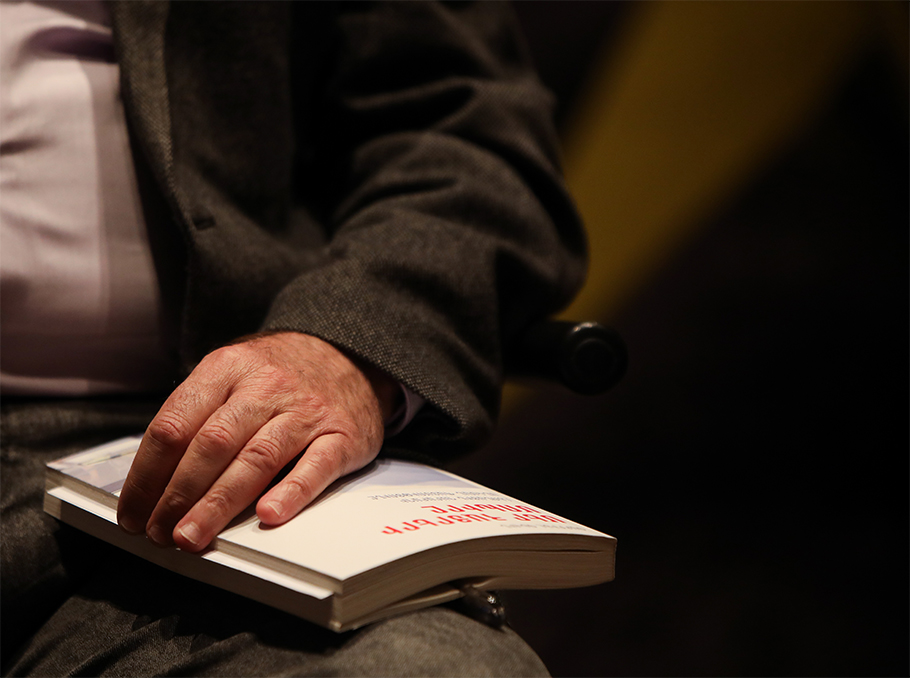
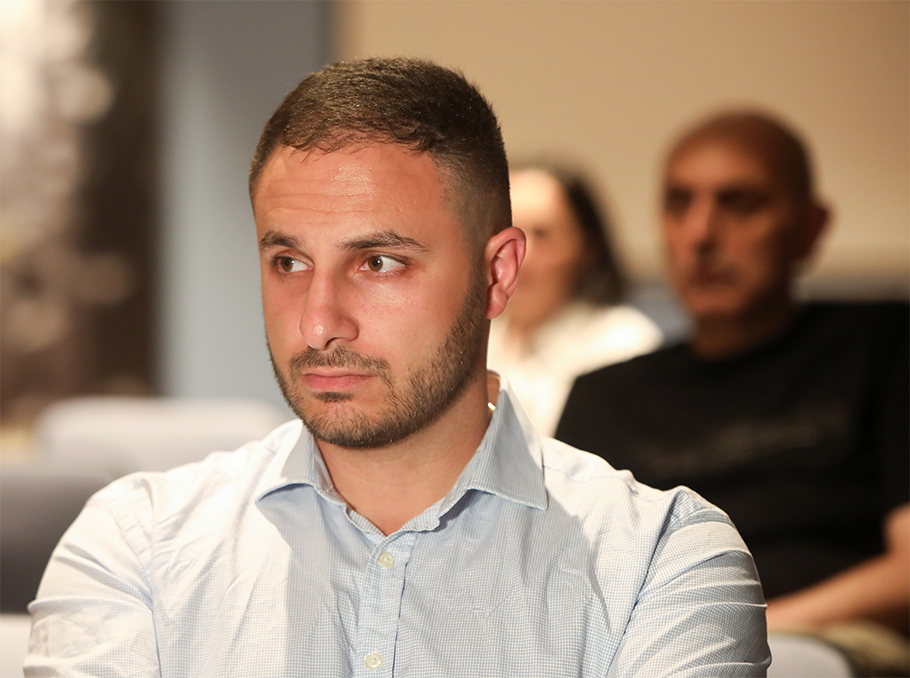
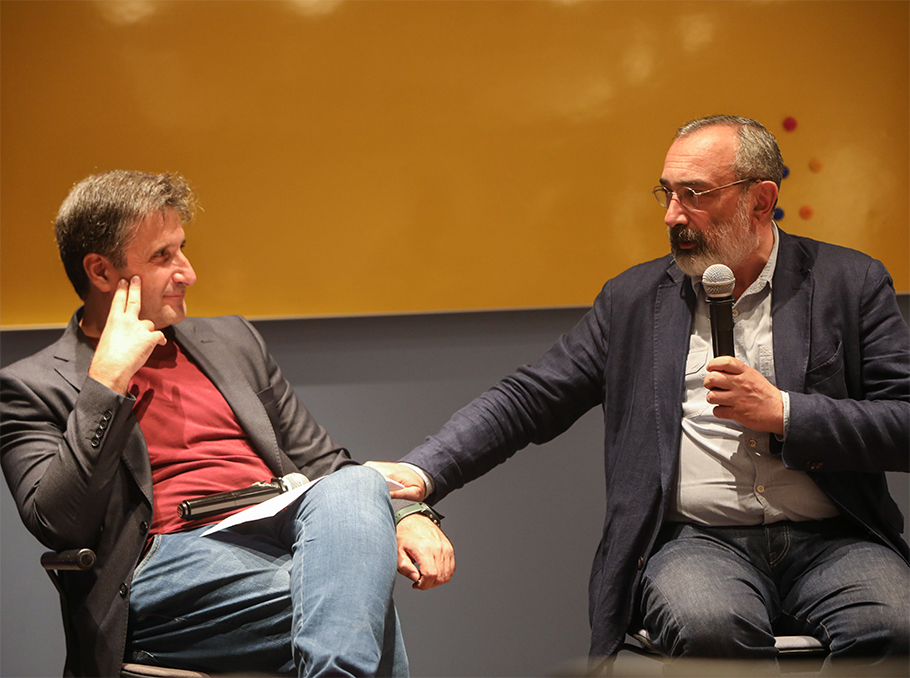
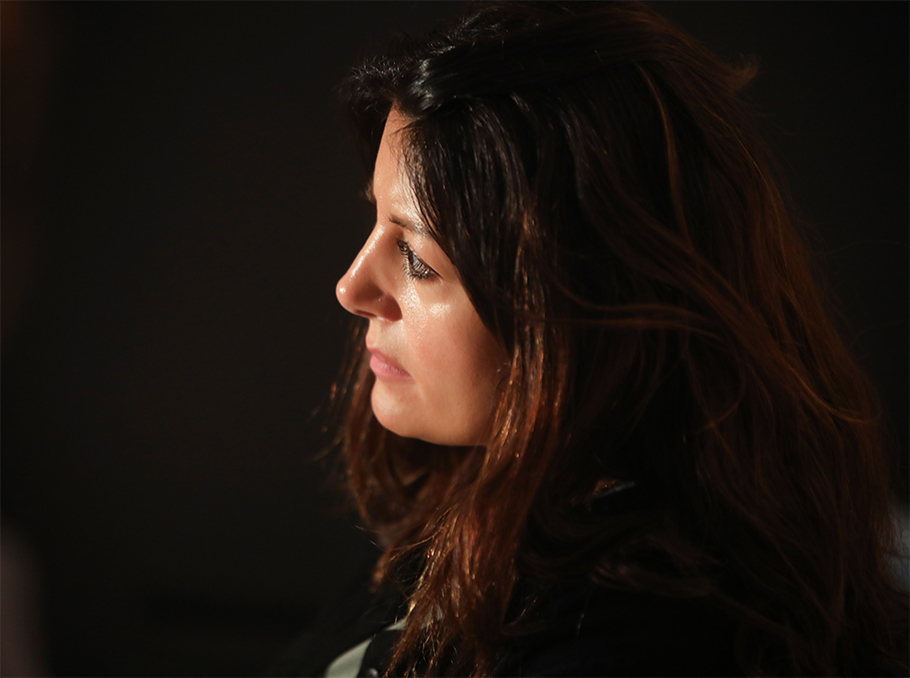
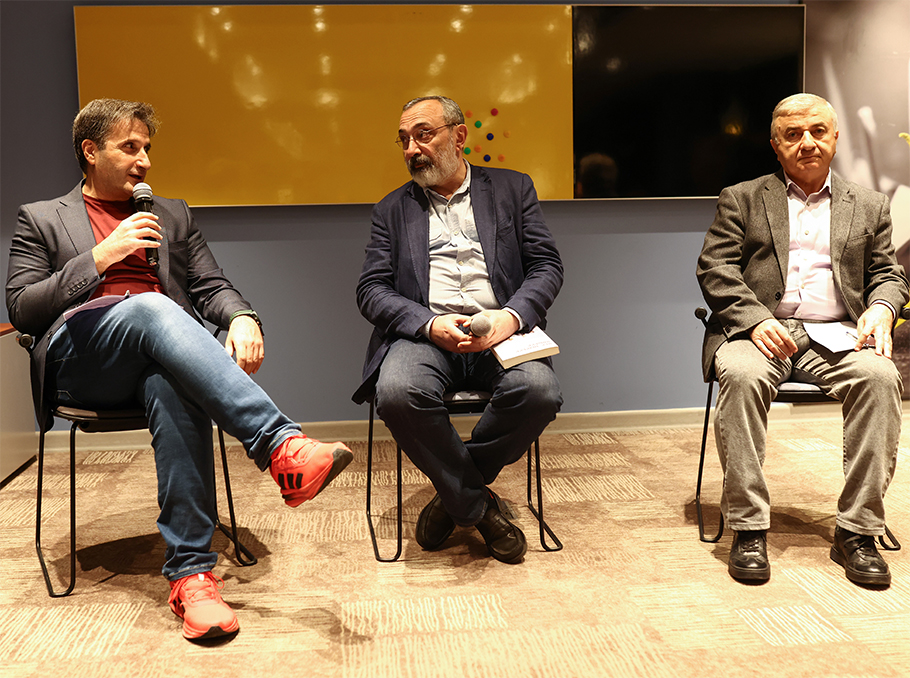

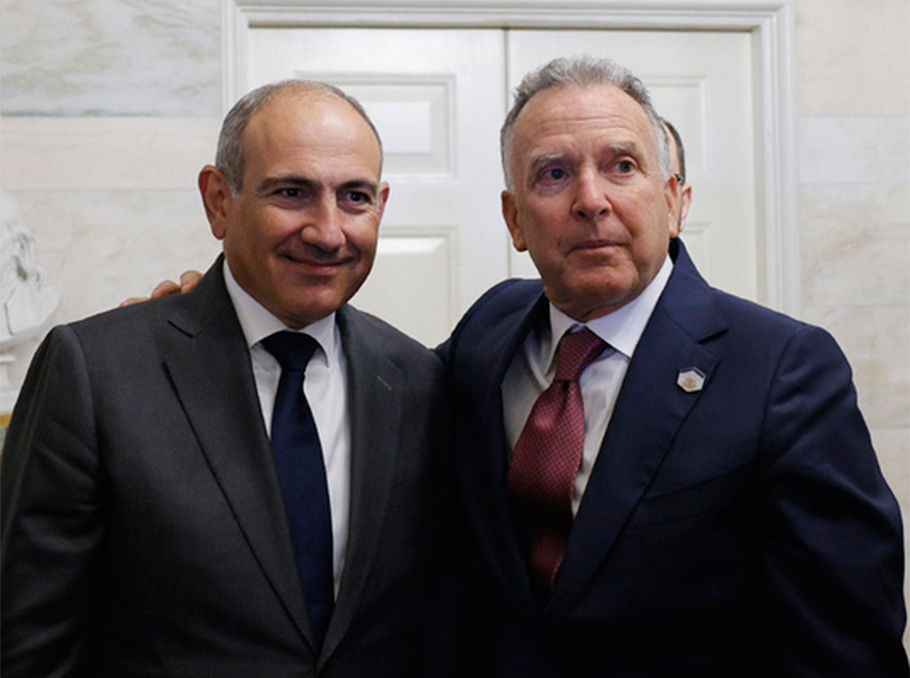
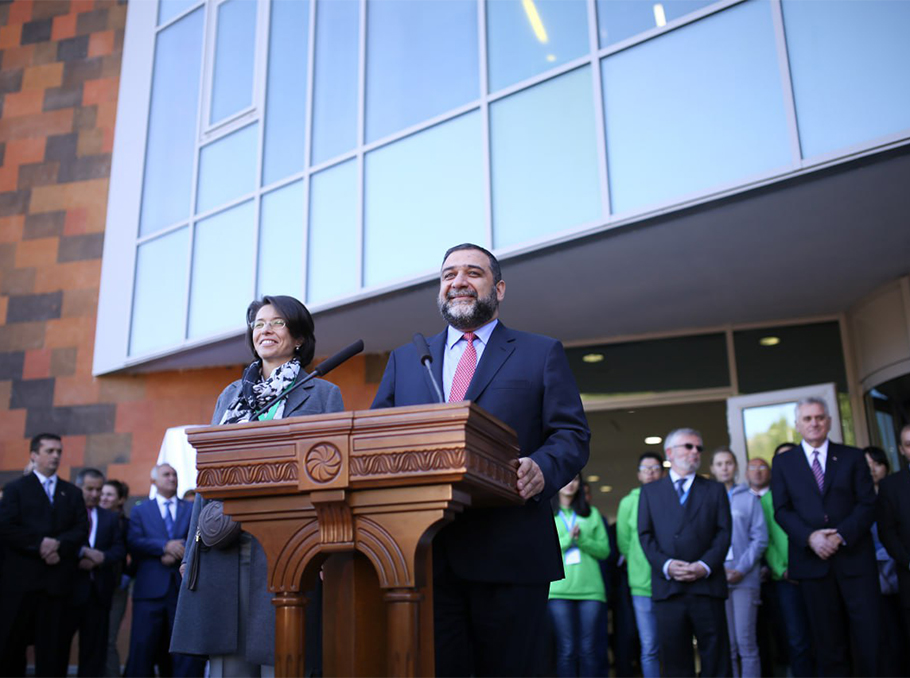








Comments
Dear visitors, You can place your opinion on the material using your Facebook account. Please, be polite and follow our simple rules: you are not allowed to make off - topic comments, place advertisements, use abusive and filthy language. The editorial staff reserves the right to moderate and delete comments in case of breach of the rules.